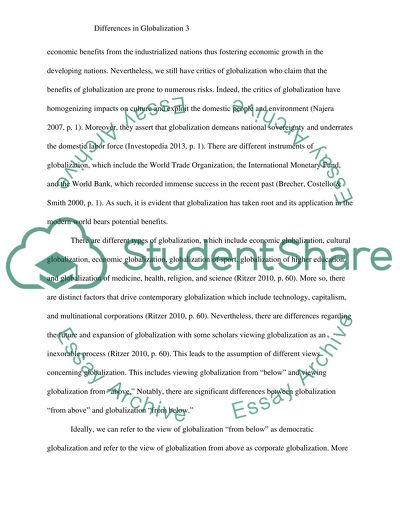Cite this document
(“Differences in Globalization.Differences Between Globalization From Essay”, n.d.)
Retrieved from https://studentshare.org/history/1494357-differences-in-globalizationdifferences-between-globalization-from-above-and-from-below
Retrieved from https://studentshare.org/history/1494357-differences-in-globalizationdifferences-between-globalization-from-above-and-from-below
(Differences in Globalization.Differences Between Globalization From Essay)
https://studentshare.org/history/1494357-differences-in-globalizationdifferences-between-globalization-from-above-and-from-below.
https://studentshare.org/history/1494357-differences-in-globalizationdifferences-between-globalization-from-above-and-from-below.
“Differences in Globalization.Differences Between Globalization From Essay”, n.d. https://studentshare.org/history/1494357-differences-in-globalizationdifferences-between-globalization-from-above-and-from-below.


